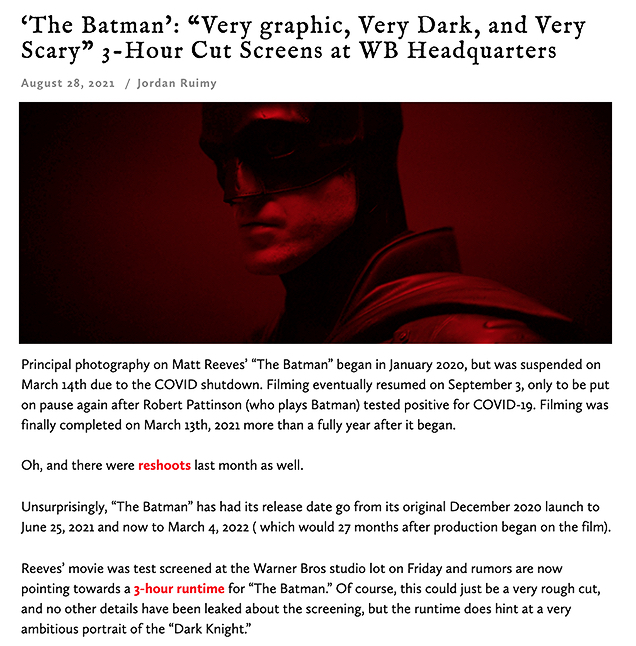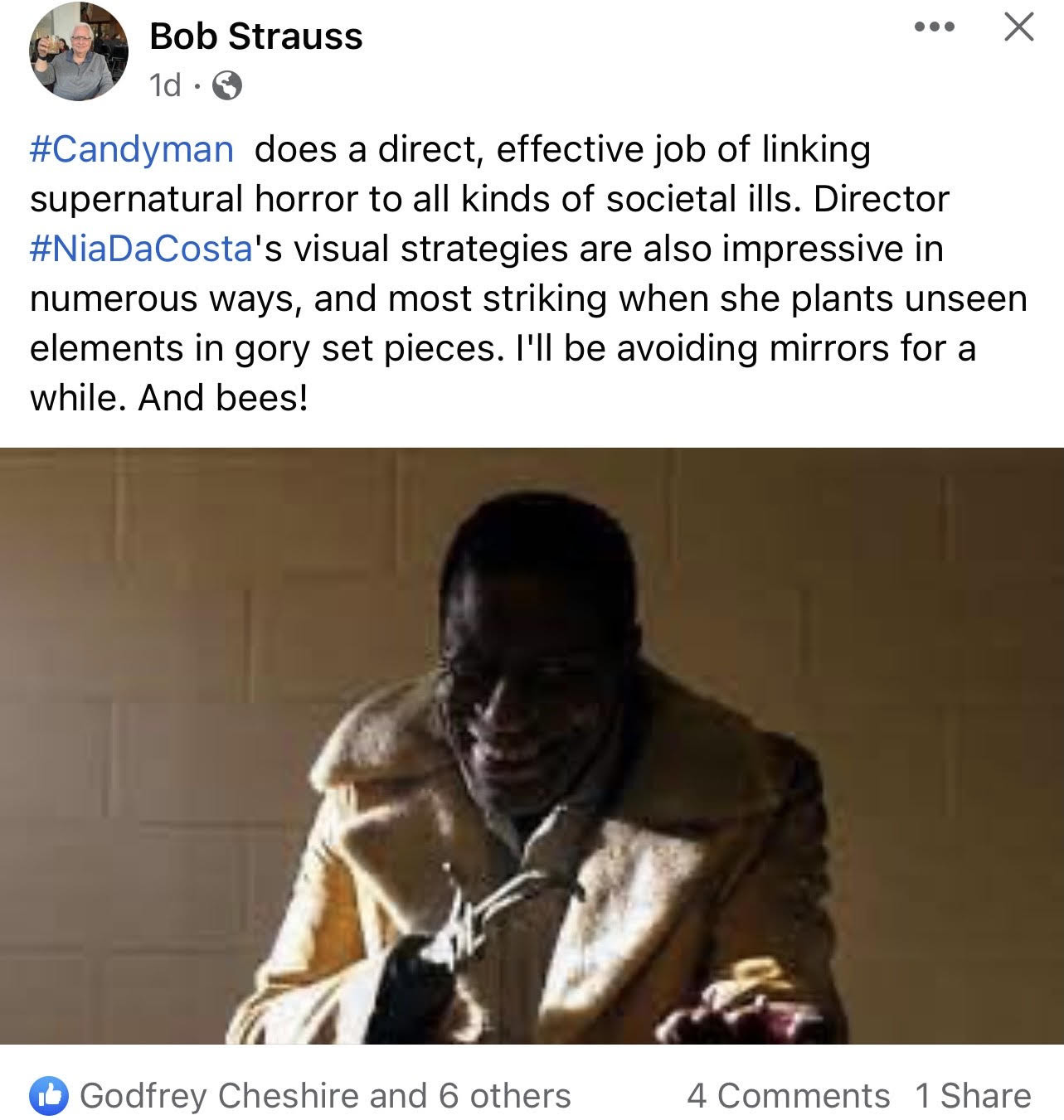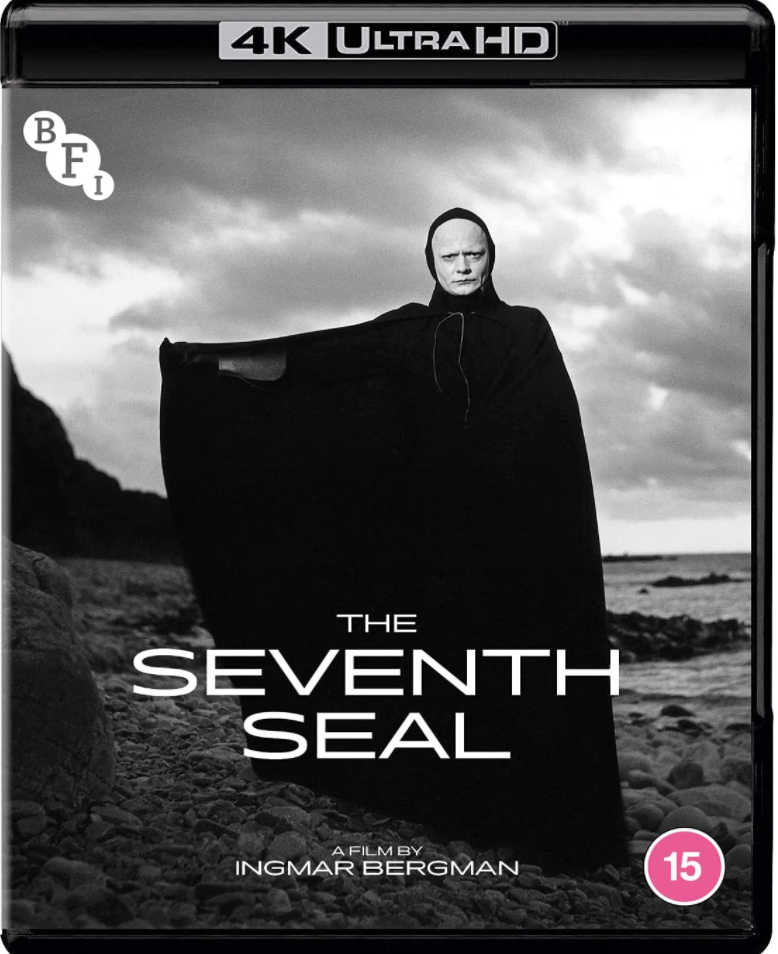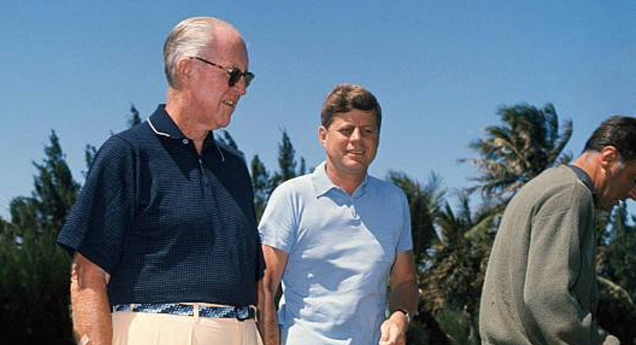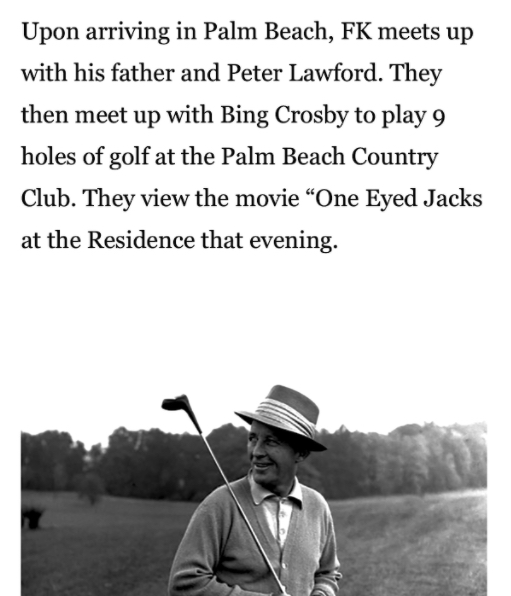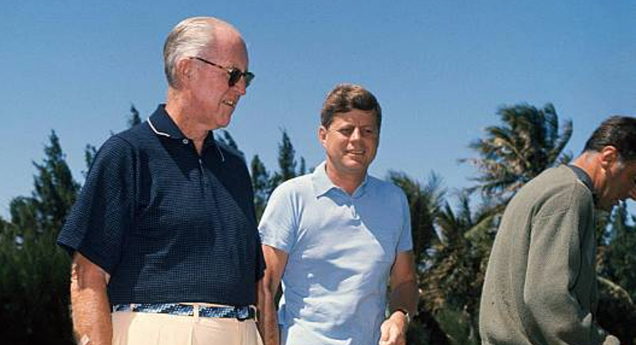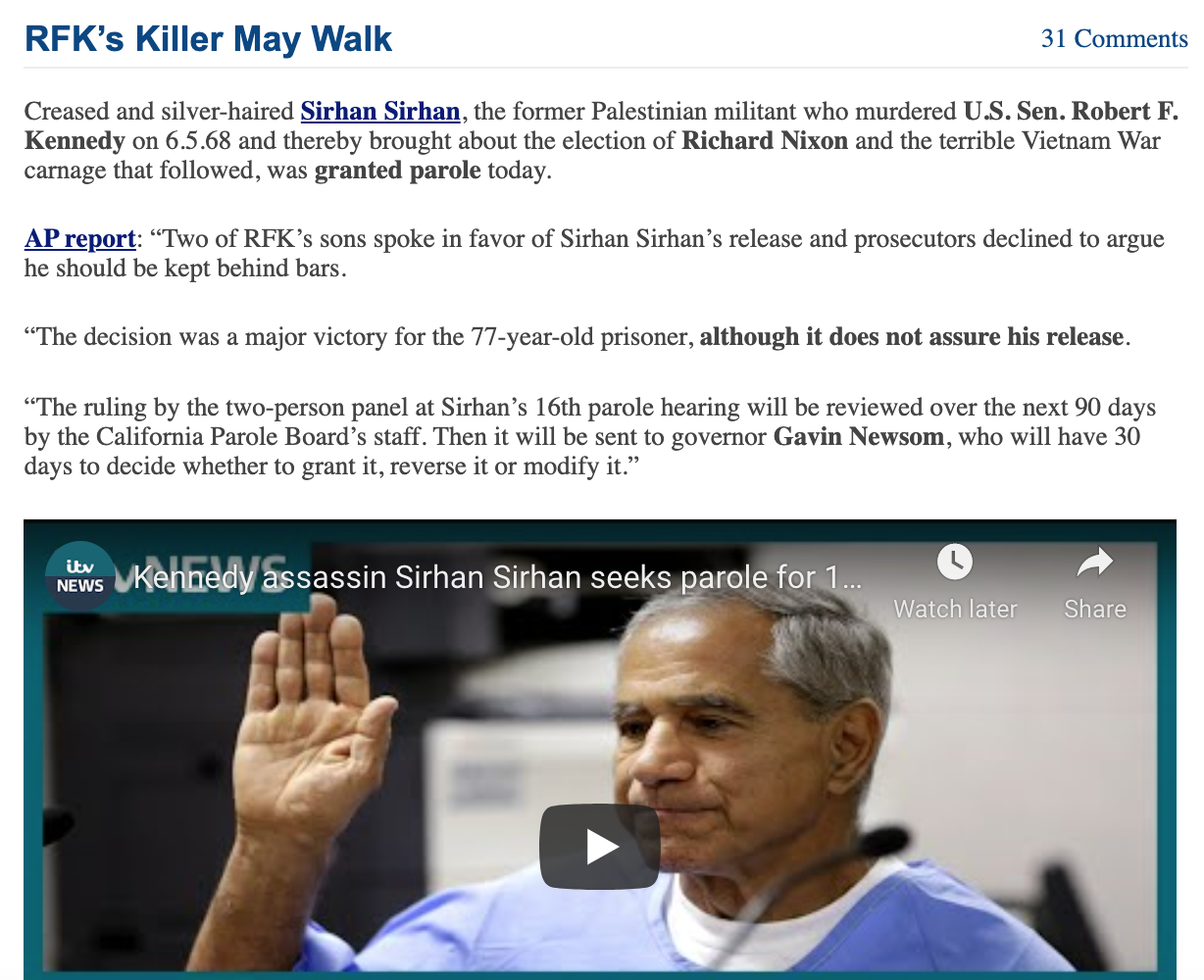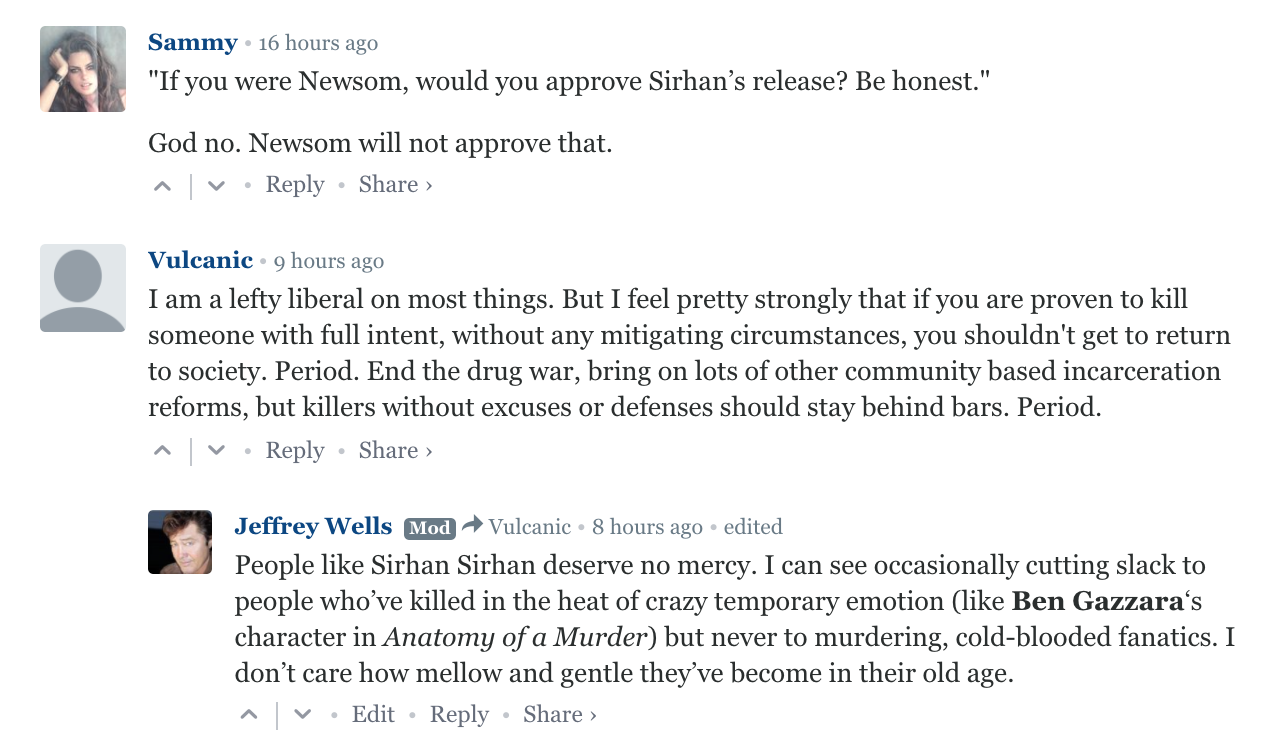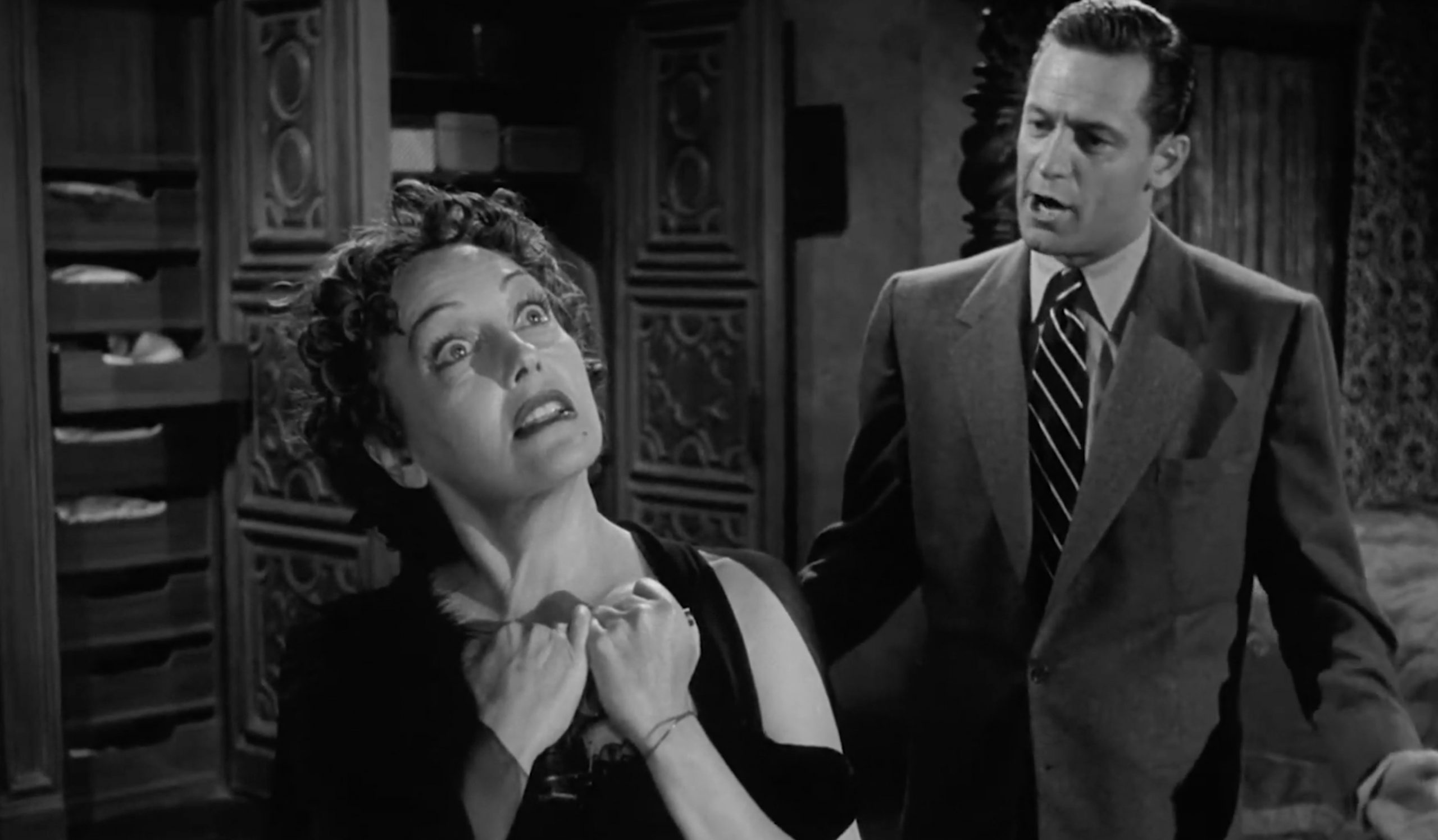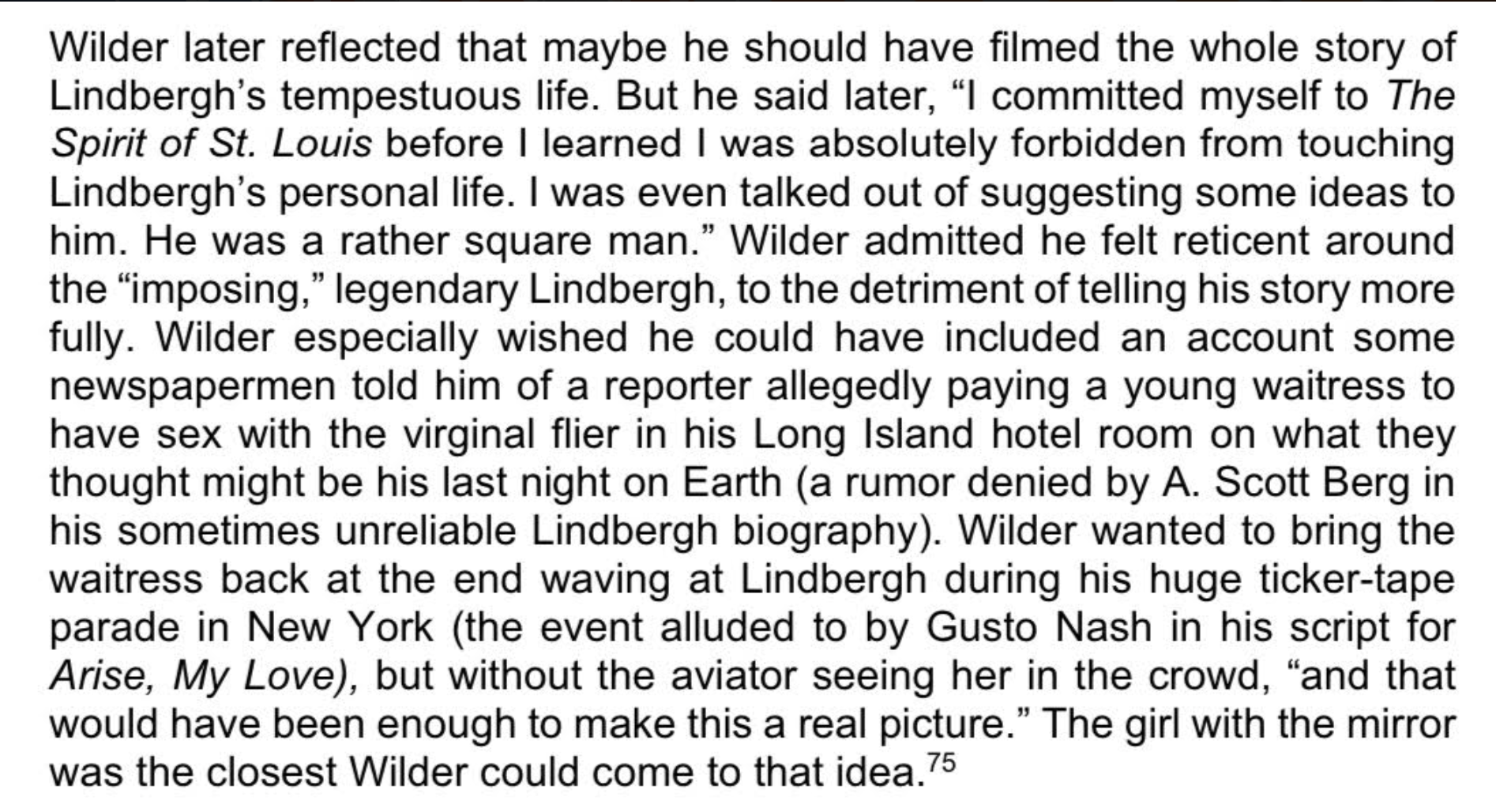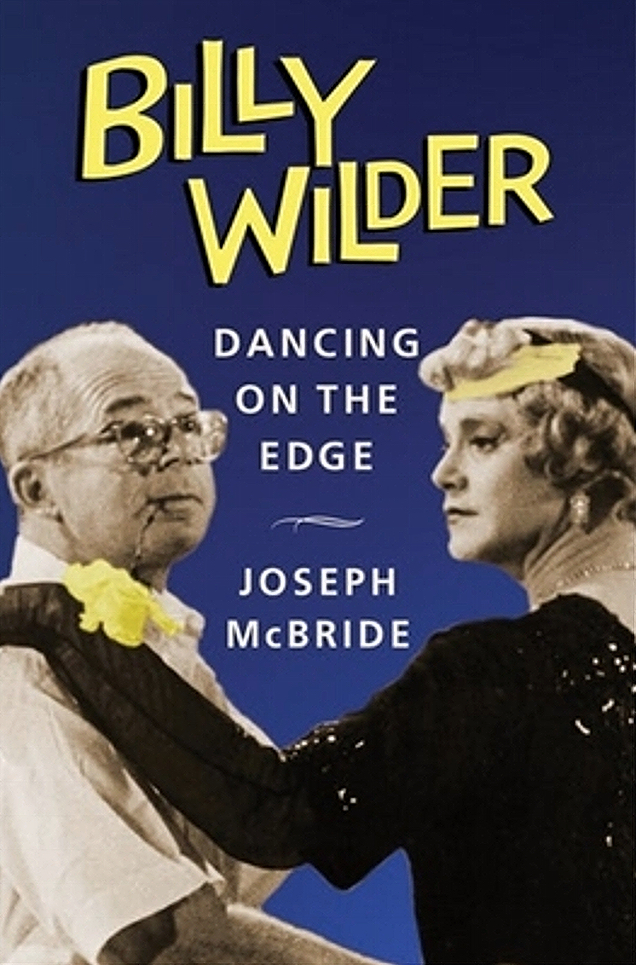Here’s an edited version of a Reddit reaction to Robert Eggers‘ The Northman (Focus Features, 4.22). It comes out of a recent research screening in Dallas.
Excerpt #1: “I was extremely impressed with it. There’s a lot of brutal action and violence, and it overall had a very authentic Norse feel to it. It is a revenge tale slash Viking epic. I’d place it right above The Witch and just below The Lighthouse.”
Excerpt #2: “Honestly, this was Alexander Skaarsgard’s movie. [Note: Skarsgard plays Amleth, a Nordic prince whose allegedly truthful saga was used by William Shakespeare to create Hamlet.] AS is truly a beast [in this] and has given his most impressive performance yet.”

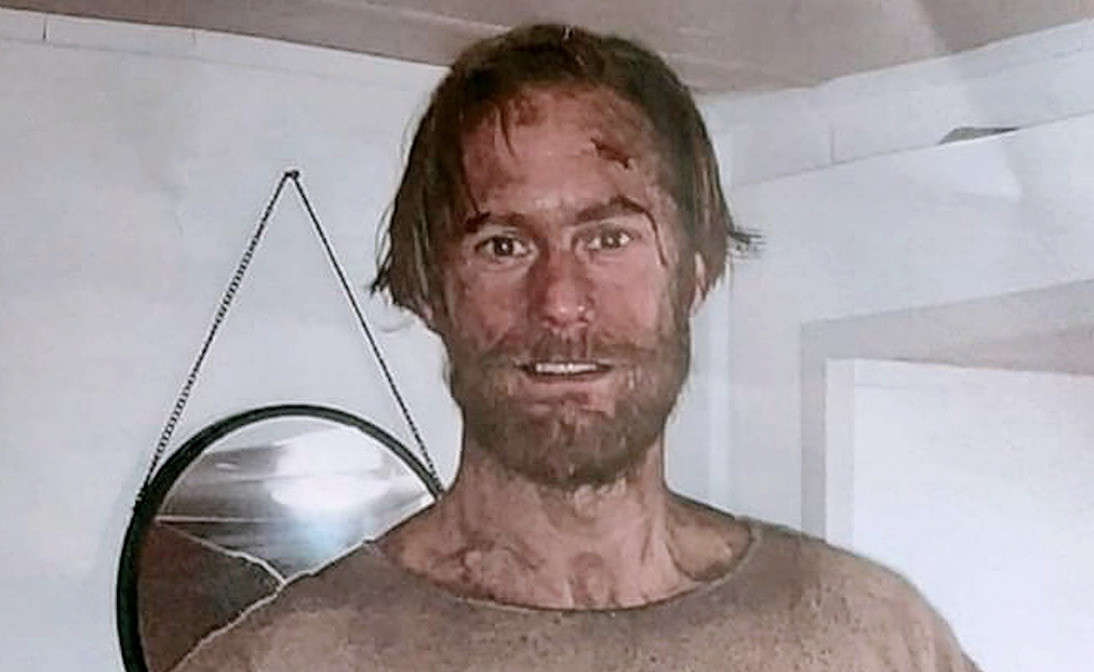
Excerpt #3: “As Queen Gudrun, Nicole Kidman was great also. Anya Taylor-Joy does give a [distinctive] performance, and she’s in one of my favorite scenes of the movie. Bjork plays a somewhat pivotal role [i.e., ‘Slav witch’], but only has one scene — lasts about five minutes.”
HE interjects: What about Ethan Hawke and Willem Dafoe?
Excerpt #4: “Jarin Blaschke‘s cinematography is stellar. Most of the lighting seemed to be from natural light sources. They said the color grading was still in progress. One or two scenes were in black and white, plus a lot blues, greens, greys, dark shadows. A few VFX shots that were pretty damn great and even a bit trippy at times.”
Excerpt #5: “More accessible than The Green Knight, The Lighthouse or The Witch. It’s basically a revenge/avenge tale and also probably like a lot of Viking legends out there, but the story was so well told. I thought the pacing was actually quite tight — there weren’t really any scenes I would trim or take out. I wish I could’ve understood certain bits of dialogue a bit better. Bjork’s scene is all whispers so it was hard to make out what she was saying but all in all it was pretty epic, pretty dark, very intense.”


